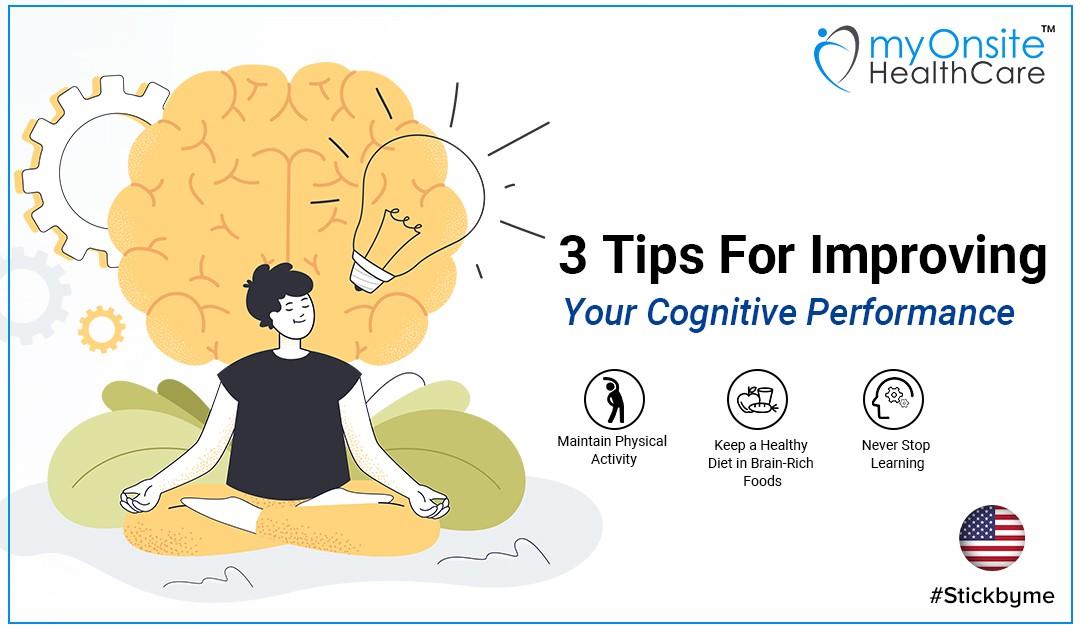If you want to see an immediate upgrade to your physical and mental performance, then there is an incredibly simple and easy way to do so – improve your sleep.
A lot of people don’t recognize just how important sleep is for their brain function, their mood or even their physical strength. Sleep is when the body repairs from the damage caused during the day though and it is when your brain rejuvenates neurotransmitters and strengthens new connections. If you sleep well, then you will be more focussed, more alert, happier and more creative all at once.
So how can you go about enhancing your sleep for better cognitive performance?
Have a Set Bedtime
This isn’t easy to enforce but if you can try to get to bed at at least roughly the same time every day, then you’ll find that it has profound benefits for your brain function, mood and more. This is because the brain and body are designed to work in rhythms. We are beholden to our ‘circadian rhythm’ for example, which helps us to feel tired at the right time (before bed) and to wake up at the right time (when the sun rises). This is based not only on external cues (technically called ‘external zeitgebers’) but also on our internal biology (called ‘internal pacemakers’) such as the build up of adenosine in the brain.
If you can get into a rhythm then, your brain will be ready for bed when you hit the sack, resulting in a better night’s sleep and less ‘sleep inertia’ the next day.
Regulate Temperature
Getting your temperature right when you sleep is very important and can have a big impact on your quality of sleep. One thing that helps a great deal for example, is to take a warm bath just before bed. This will help to relax the muscles and the brain due to the warmth but it also encourages the body to better regulate its temperature as you sleep, preventing you from getting too hot or too cold.
To get the best night’s sleep, it is recommended that the environment around you be slightly cool. Open a window a jar and this will help to ensure that this is the case!
Have Some Downtime
Most important of all is to allow yourself to ‘wind down’ at the end of the day before you get to sleep. This means that you should try to spend at least about half an hour without using your smartphone for example and that you should avoid television and computer games as well. These things all produce light of a certain spectrum that will make the brain more alert and awake, while also triggering a stress response.
Instead, try reading for half an hour with a dim light. This will help you to start calming down and will encourage the production of the sleep hormone melatonin. Meanwhile, the reading will cause your eyes to get tired making it hard to keep them open!
Sleep and Your Health
Most of us know that a good night’s sleep is healthy; but do we really take that advice seriously? Many times, we brush aside a full night’s sleep due to our busy schedules, a need for “down time” that keeps us up, or simply life’s circumstances. But a lack of sleep can result in more than just feeling tired (which is bad enough). Medical experts warn that chronic sleep deprivation can have serious effects on your health.
Here are some health problems that may result from lack of sleep.
Cancer
While not all cancer risks are affected by lack of sleep, studies have indicated that breast and colon cancer risk is greatest for those who work night shifts. Apparently, the exposure to light in the night-time hours reduces the body’s production of melatonin. Melatonin is a brain chemical that helps promote healthy sleep, but it may also reduce tumors and protect against cancer as well. The less you sleep, the less melatonin your body manufactures.
Heart Attacks
Statistically, heart attacks occur more often in the early morning hours. Experts believe this may have something to do with the particular way that sleep and waking affect the cardiovascular system. Studies have shown that the health problems that often lead to heart disease – obesity, high blood pressure, etc. – are exacerbated by lack of sleep.
Unhealthy Relationships
When you don’t get enough sleep, you tend to be moody and irritable, which is not good for any relationship. Also, sleep problems may lead to partners sleeping separately, or resentment on the part of one or both of the partners for the problem. This kind of tension may affect any children in the family as well.
Impaired Cognition
An inability to think straight or think constructively is a problem associated with sleep deprivation. You may have trouble remembering things, too, if you are not getting enough sleep.
Injury
From automobile accidents to accidents on the job, sleep deprivation has been implicated in all sorts of accidental injury situations. The brain just does not react as quickly or efficiently when you are starved of sleep, and clumsiness and mistakes are also symptoms associated with lack of sleep (and accidents).
Discover more from Personal Blog of Richard Tong
Subscribe to get the latest posts sent to your email.




